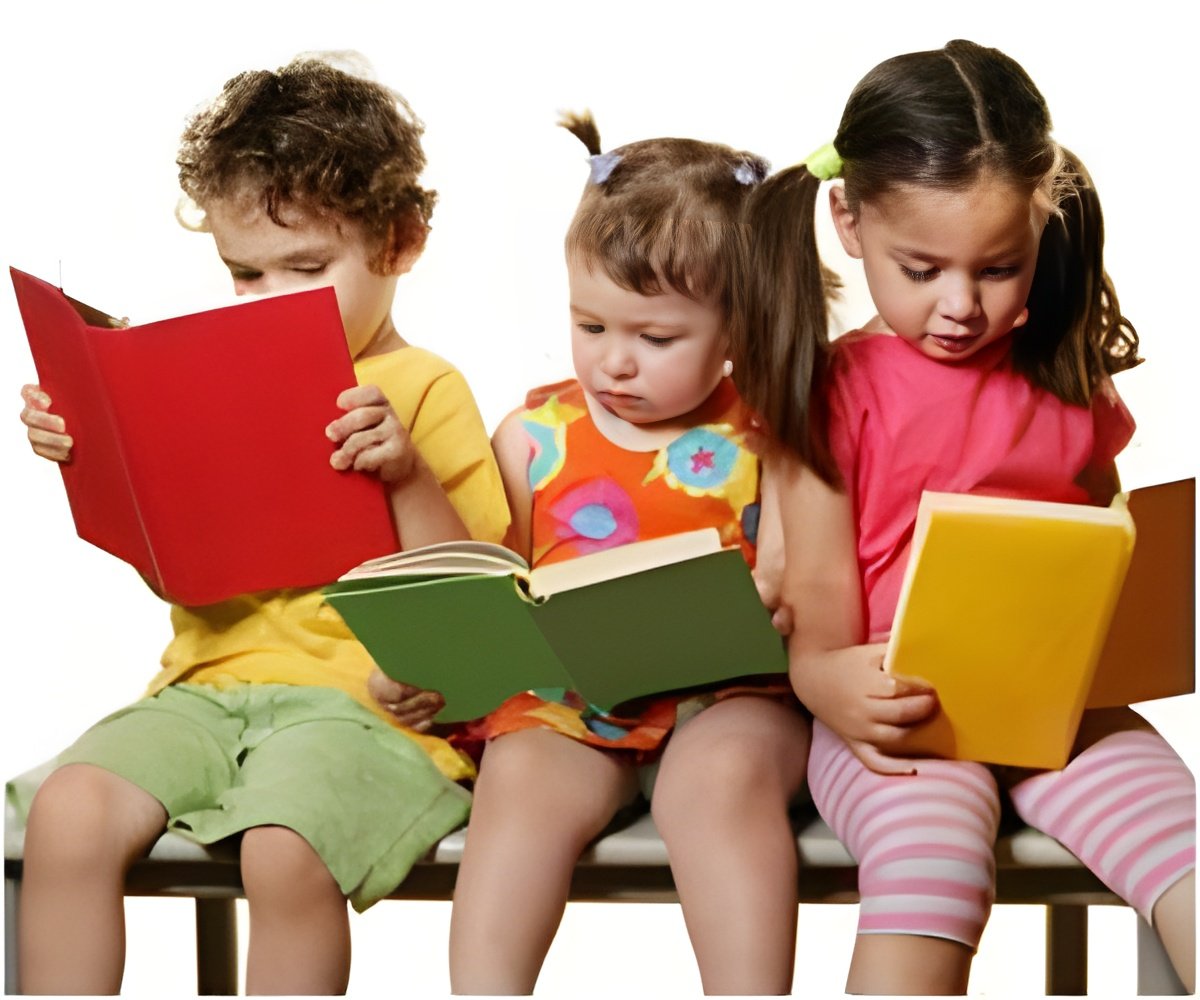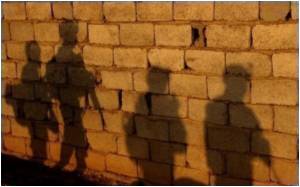A recent study found that preschool children with poor language skills are benefitted in the company of intelligent classmates.

The results have important implications because many preschool programs in the United States are targeted to children in poverty, who may exhibit lags in their development of language skills, said Laura Justice, lead author of the study and professor in the School of Teaching and Learning at Ohio State University.
"The way preschool works in the United States, we tend to cluster kids who have relatively low language skills in the same classrooms, and that is not good for their language development," Justice said.
"We need to pay more attention to the composition of preschool classrooms."
Because children in poverty face increased risk for poor language skills, which means kids with low skills are often clustered together, she said.
The study involved 338 children enrolled in 49 preschool classrooms. The children completed a variety of standardized measures of their language skills in the fall of the academic year. The measures were repeated in the spring, giving the researchers a test of their improvement over the year.
Advertisement
The researchers also assessed the instructional quality of the children's classrooms to ensure that differences in children's reading skills weren't the result simply of the quality of teaching.
Advertisement
High-ability students don't suffer by being placed in classrooms with lower-ability students, Justice said.
The study has been published in the journal Child Development.
Source-ANI










